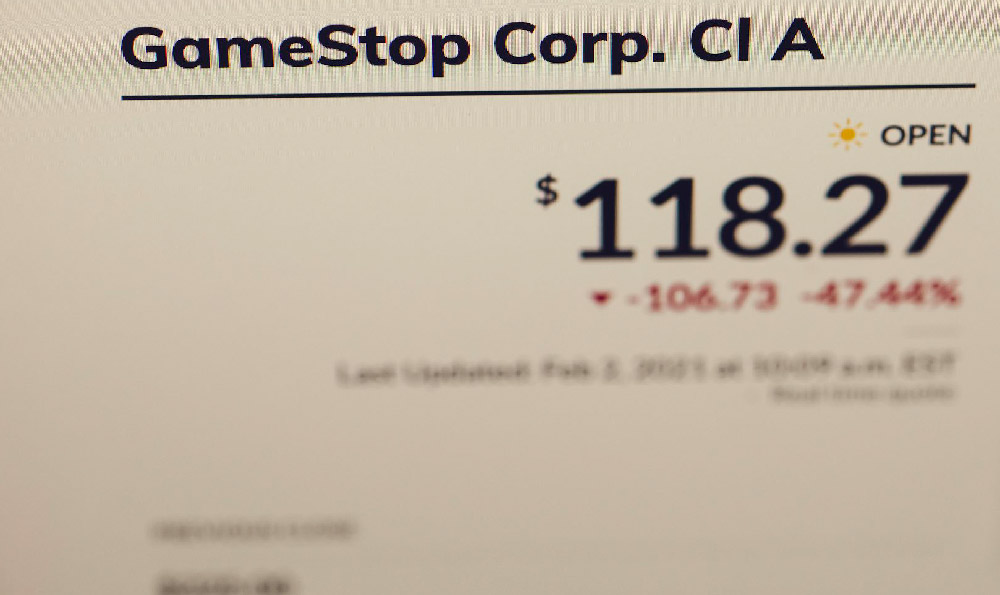The year 2024 presents a unique convergence of technological innovation and economic opportunity, where the lines between traditional financial strategies and digital-age ventures blur. As individuals seek alternative avenues for wealth creation, the digital economy emerges as a dynamic landscape offering both flexibility and potential. However, navigating this terrain requires not only a keen understanding of market trends but also a meticulous approach to risk management. This analysis explores how to capitalize on online platforms and freelance markets without succumbing to common pitfalls, emphasizing the intersection of adaptability, foresight, and strategy.
One of the most promising avenues lies in leveraging emerging technologies and platforms to create value. With the digital economy expanding at an exponential rate, innovative tools and services often materialize before traditional markets recognize their potential. Staying ahead of these trends demands a proactive mindset—monitoring iterations of AI-driven platforms, participating in decentralized finance (DeFi) ecosystems, and exploring new opportunities in the metaverse. These domains are not just spaces for transactions but arenas where value is created through creativity, problem-solving, and technological integration. For instance, a freelance graphic designer might explore tokenized NFTs or digital asset management platforms to diversify their revenue streams and engage with niche audiences. The key is to identify what is not yet mainstream but has the potential to become a significant contributor to long-term wealth.
Freelance opportunities in high-demand industries are another critical component. As sectors like renewable energy, biotechnology, and cybersecurity evolve, they create a demand for specialized skills. A freelance data analyst, for example, can offer insights to companies pioneering AI in sustainability initiatives. Similarly, cybersecurity experts may find themselves in high demand as digital threats become more sophisticated. These fields not only offer competitive remuneration but also require a continuous refinement of skills to maintain relevance. The global shift towards remote work has further amplified these opportunities, allowing individuals to operate across international markets without geographical constraints.

Content creation and digital product development are also pivotal for generating online income. Whether it's through YouTube, podcasting, or creating e-books, individuals can monetize their expertise and creativity. However, the potential for growth is maximized when these efforts are supported by a strategic financial plan. For example, a content creator might choose to invest a portion of their earnings in high-potential cryptocurrencies, such as those focused on decentralized storage or blockchain-based infrastructure. This approach not only provides passive income streams but also aligns with the principles of diversification and risk mitigation.
Online education and skill-sharing platforms offer yet another avenue for wealth creation. Individuals with expertise in any field can monetize their knowledge by offering courses or tutorials. This model is particularly effective in the context of 2024, where continuous learning is a necessity due to the rapid pace of technological change. For instance, a web developer might create a course on blockchain development, which could be offered on platforms like Udemy or Teachable. Investing in these platforms can further enhance profitability, as they provide access to a global audience and recurring revenue potential.
While these opportunities are abundant, they are not without risks. The digital economy, though lucrative, is often characterized by volatility and uncertainty. This requires a disciplined approach to financial management, where risk mitigation is as critical as capital allocation. For instance, when investing in cryptocurrencies, it's essential to diversify across different sectors and asset classes, rather than relying on a single cryptocurrency. Similarly, when building a freelance business, it's important to ensure a steady influx of income by maintaining a robust client base and offering value-added services.
Ultimately, the success in 2024's digital economy hinges on adaptability and a long-term vision. The best opportunities are not those that are immediately obvious but those that align with the future trajectory of technology and society. By staying informed, leveraging emerging tools, and adopting a strategic mindset, individuals can navigate the online landscape with confidence and purpose. Whether through cryptocurrencies, freelance projects, or digital entrepreneurship, the key is to build a sustainable financial model that withstands market fluctuations. As the digital economy continues to evolve, those who approach it with both creativity and caution will be best positioned to thrive.












